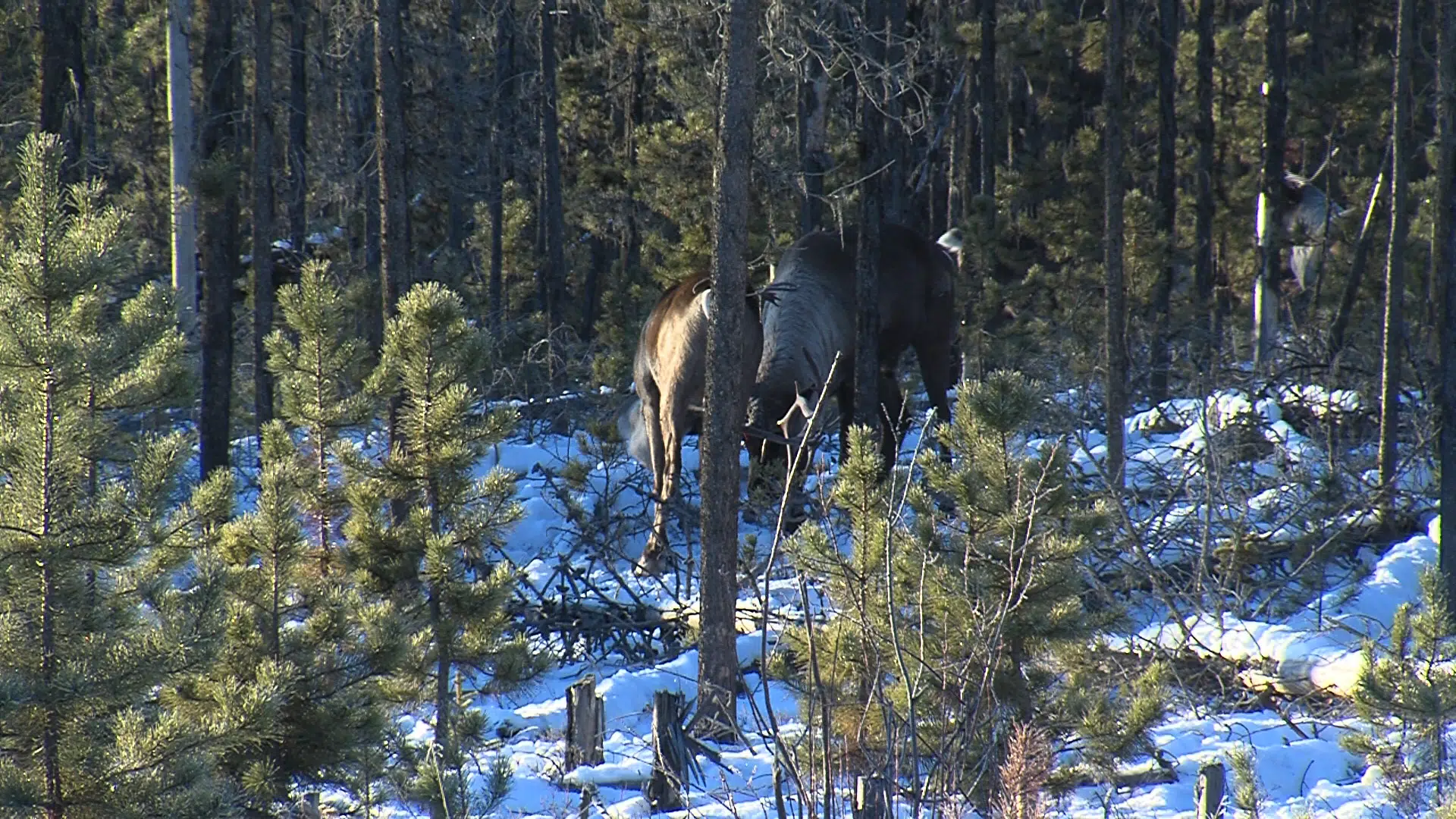
Communities Concerned Over Caribou Recovery Plans
PRINCE GEORGE – Backcountry users and industry alike on united on one single issue that has arisen in the southern Peace country. The pending Species At Risk legislation around the Southern Mountain Woodland caribou could very well put an end to any activity in a huge portion of that part of the province.
“They’re going to work collectively with the provincial government to set up conservation areas in order to protect the remaining caribou herds,” explains Mike Morris, the MLA for Prince George-Mackenzie, whose riding will be impacted. “But it’s a pretty heavy stick and it has the potential to virtually shut down those regions for any activity at all that could be detrimental to that conservation plan. So we look at resource development, which is a big impact. It’s the backbone of British Columbia’s economy. But we also look at outdoor recreational activities. Snowmobiling, hunting, trapping.”
There are rumours a coal mine in Tumbler Ridge, a mill in Chetwynd, and countless other operations may be in peril. In fact, so concerned is industry, four of the forestry operations in the affected areas pulled together a joint briefing note, outlining their concerns. In it they write:
“Most recently, we are told that the impacts of these land use designation and management regimes will result in AAC (Annual Allowable Cut) reductions of approximately 300,000 m3. We remain completely unconvinced, based on the information we have been provided, that these impacts will only be 300,000 m3 – our review suggests the AAC impact could easily be twice that amount.” It goes on to state that the decisions are being made “.. in the absence of forest industry consultation.”
